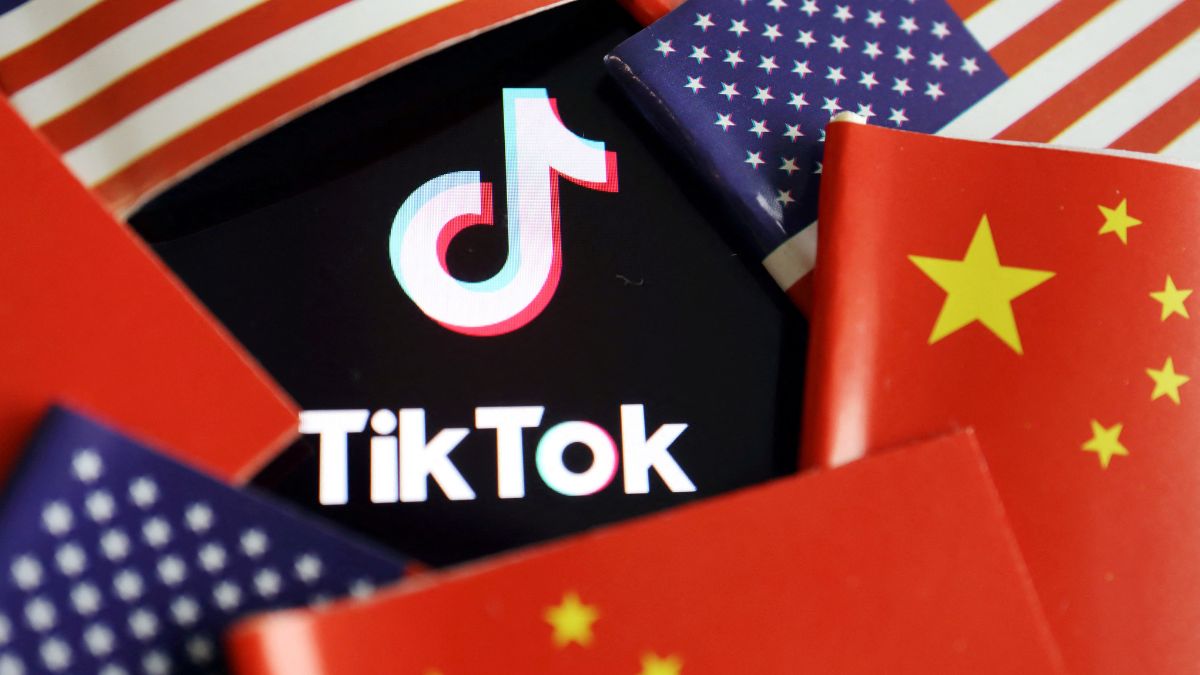By Dr Nipun Sharma
Since the introduction of ChatGPT by OpenAI in 2022, Generative AI and AI have taken over the corporate world by storm. The job market is undergoing a massive transformation, and AI skills are at the forefront of this revolution. A recent McKinsey survey revealed that 72% of organisations have already integrated Generative AI into at least one of their business functions, making it one of the fastest technology adoptions ever tracked by the firm. Today, AI is getting embedded across roles and industries, from traditional industries like finance and healthcare to sunrise sectors like semiconductor, drones, and robotics.
But this rapid adoption presents with it a unique challenge: a shortage of skilled talent who can build, manage, and govern these AI systems. According to NASSCOM, India alone will face a shortage of nearly 2.5–3 lakh skilled semiconductor and AI professionals by 2027, despite producing over 2.1 million STEM graduates every year. The current academic curricula have not kept pace with the evolving requirements of AI systems and the underlying technologies, creating a significant bottleneck for employers in sourcing professionals with the right suite of technical expertise and practical exposure. The 4-year college courses are fast becoming obsolete, with lifelong learning becoming the new norm.
Both Apprenticeships and Degree Apprenticeships help in bridging this gap, enabling companies to create a sustainable and talent-enriched pipeline of workforce with reduced costs and attrition. While apprenticeships offer the advantage of hands-on learning in a workspace environment, degree apprenticeships and work-based programs provide a combined model of on-the-job training and classroom theory. This not only helps the candidates but, when done in collaboration with the industry, also aids in creating a talent pipeline that has the necessary blend of hands-on experience and conceptual knowledge.
If we look at the current and projected job market, there are two major categories of AI skills that employers really want in 2025.
Core AI Skills
Core AI-related jobs are all about building AI models and training Large Language Models (LLMs). Here, the highest demand is in roles like Data Science & Analytics, Machine Learning, Deep Learning, Natural Language Processing, and AI-enabled Software Development. These roles demand advanced skills in algorithms, model training, big data handling, and cloud deployment. Employers in India are increasingly looking for candidates with proficiency in Python, TensorFlow, PyTorch, SQL, Spark, and cloud platforms like AWS, Azure, and GCP.
According to U.S. labour projections, computer and mathematical occupations are expected to grow by 10.1%, largely fuelled by AI-driven demand for data analysis and model development. Indian industry mirrors this trend: TCS recently announced that nearly 40% of its fresher hiring would prioritise AI and data science skills, while startups in Bengaluru and Hyderabad are competing for ML engineers with hands-on cloud deployment experience.
Yet, most of these skills are critically missing from the current academic curricula. Apprenticeships can close this gap by placing learners directly into roles where they can build skillsets like predictive modelling, working with unstructured data, and experimenting with deep learning architectures – hands-on experience that cannot be replicated in the classroom alone.
Cross-Industry AI Skills
In other industries, AI-related skillsets are becoming essential, whether it’s marketing, supply chain management, or healthcare. For instance, industry data shows a 6-9% decline in junior marketing roles, while demand for senior, AI-enabled marketing strategists has grown by nearly 10%. In BFSI, AI-driven fraud detection and risk modelling have become mandatory skill sets. In healthcare, employers value AI expertise in medical imaging, diagnostics, and drug discovery platforms.
The differentiator here lies in skills like strategy and prompt engineering. Crafting effective prompts for Gen AI tools to deliver high-value insights has become an essential skillset highly valued by employers.
The multi-layered and hands-on training offered by Degree Apprenticeships ensures that graduates of these programs have both technical depth and cross-functional AI literacy, a combination highly prized by employers in 2025.
The dual track structure offered by Degree Apprenticeships, where work experience is blended with academics, creates a unique value proposition for all parties involved.
For employers, it helps in building a steady and sustainable pool of industry-ready AI professionals who can contribute to projects from day one, reducing hiring costs and improving engagement at the workplace.
For apprentices, it offers a gateway to high-paid job opportunities in cutting-edge technologies, coupled with industry mentorship and a recognised degree, without the delays of traditional education.
Under the NEP 2020, UGC & AICTE guidelines for Apprenticeship Embedded Degree Program (AEDP) allow academic bodies to come up with work-blended programmes in a tripartite arrangement between the academic body, employers, and the students.
As the adoption of AI and Gen AI is set to continue to rise across industries, the need for skilled talent is only going to intensify. Roles in AI governance, ethics, MLOps, and Prompt Engineering have emerged as critical pillars alongside the traditional data science and machine learning functions. Apprenticeships provide the most practical pathway to develop these niche skillsets in real-time with industry involvement.
India has a unique opportunity: instead of facing a talent shortage, it can position itself as a global supplier of AI-ready professionals by embedding apprenticeships throughout the AI ecosystem. For this, policymakers must simplify AEDP guidelines for ground-level execution and facilitate partnership with industry; employers must actively design AI apprenticeship roles aligned with emerging needs, and students must seize apprenticeship pathways as an alternative to waiting for traditional degree programs to catch up.
Just like AI can transform industries, apprenticeships can transform India’s workforce into one of the most future-ready talent pools in the world.
(The author is the CEO of TeamLease Degree Apprenticeship)
Disclaimer: The opinions, beliefs, and views expressed by the various authors and forum participants on this website are personal and do not reflect the opinions, beliefs, and views of ABP Network Pvt. Ltd.


)
